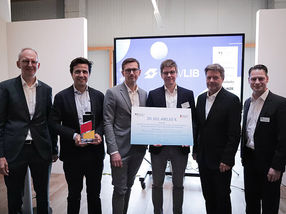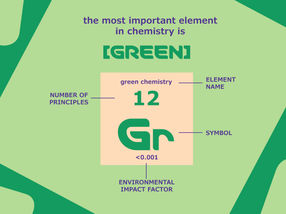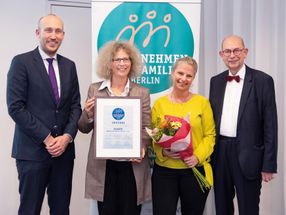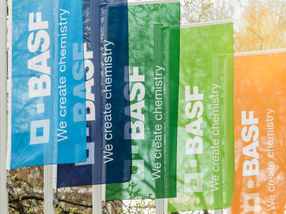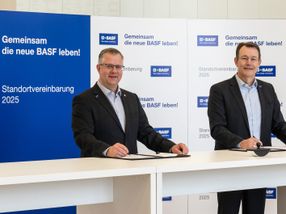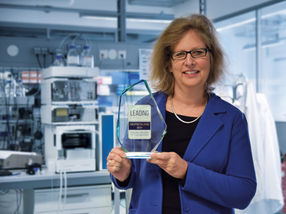US teens feel prepared for careers in science, tech, engineering, math, yet many lack mentors
American teens are embracing the subjects of science, technology, engineering and mathematics (STEM) with increasingly positive attitudes; yet many lack the necessary encouragement from mentors and role models in these fields, according to this year's Lemelson-MIT Invention Index. The annual survey, which gauges Americans' perceptions about invention and innovation, also reveals teens' altruistic intentions and feelings of preparedness to pursue careers in STEM fields.
The 2009 Lemelson-MIT Invention Index found an overwhelming majority of teens surveyed (85 percent) expressed interest in science, technology, engineering and mathematics, with "curiosity about the way things work" as the driving factor for their interest (44 percent). Of those teens expressing interest in these areas of study, most would be motivated to work in related fields out of altruistic versus materialistic motives: more than half of teens (56 percent) selected "protecting the environment" or "improving our society" as their inspiration. Less than one-fifth (18 percent) said they were motivated to pursue science, technology, engineering or mathematics for the purposes of becoming rich or famous. Not only did the majority of teens convey interest in STEM, but 80 percent also feel their schools have prepared them to pursue a career in these fields, should they choose.
Teens' optimism about STEM is also evident in their perceptions of people employed in related professions. Contrary to traditional stereotypes of the "geeky scientist," more than half of teens surveyed (55 percent) believe scientists, engineers and mathematicians are best described as "intelligent" and one-quarter (25 percent) chose "successful." Only five percent of teens selected "nerdy" as the best description.
"As an educator, it's exciting to see that teens have such positive perceptions about science, technology, engineering and mathematics; traditionally, many students find these subjects intimidating," said Leigh Estabrooks, invention education officer with the Lemelson-MIT Program, a non-profit organization that recognizes outstanding inventors and inspires young people to pursue creative lives and careers through invention. "Increased exposure to STEM through hands-on learning and interaction with teachers and professionals in these fields may be partly responsible for this positive shift in teens' perceptions," added Estabrooks. "It may also continue to help shake off any existing stereotypes, making STEM careers seem more accessible."
Despite interest and feelings of preparedness, nearly two-thirds of teens indicated that they may be discouraged from pursuing a career in science, technology, engineering or mathematics because they do not know anyone who works in these fields (31 percent) or understand what people in these fields do (28 percent). Estabrooks further states, "If teens feel discouraged from pursuing a career in STEM, society may be deprived of emerging problem solvers and thought leaders to address pressing issues. The Lemelson-MIT InvenTeam initiative is one way schools can serve as vehicles to introduce mentors and role models into the process."
Other news from the department career

Get the chemical industry in your inbox
By submitting this form you agree that LUMITOS AG will send you the newsletter(s) selected above by email. Your data will not be passed on to third parties. Your data will be stored and processed in accordance with our data protection regulations. LUMITOS may contact you by email for the purpose of advertising or market and opinion surveys. You can revoke your consent at any time without giving reasons to LUMITOS AG, Ernst-Augustin-Str. 2, 12489 Berlin, Germany or by e-mail at revoke@lumitos.com with effect for the future. In addition, each email contains a link to unsubscribe from the corresponding newsletter.





